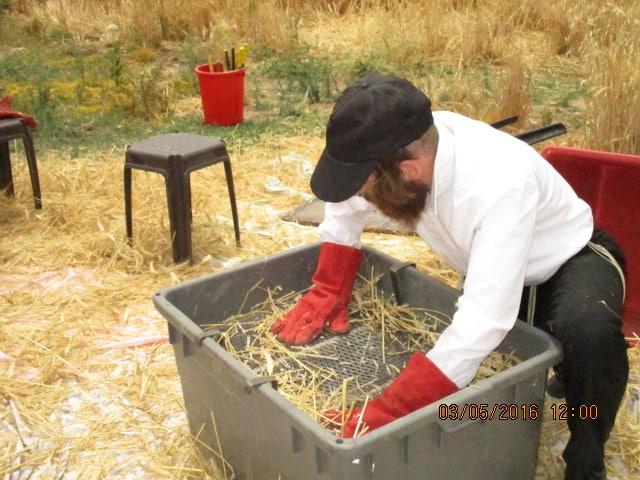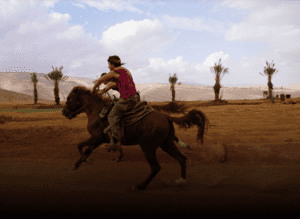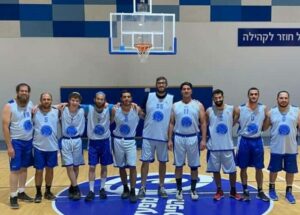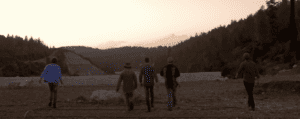“In the first month, on the fourteenth day of the month at dusk is the Lord’s Passover. And on the fifteenth day of the same month is the feast of unleavened bread unto the Lord; seven days ye shall eat unleavened bread. In the first day ye shall have a holy convocation; ye shall do no manner of servile work. And ye shall bring an offering made by fire unto the Lord seven days; in the seventh day is a holy convocation; ye shall do no manner of servile work.” (Leviticus 23:5–8)
Most people know about the matzah, unleavened bread, that the Jewish people eat on Passover. According to the Bible, the Jewish people left Egypt in such a haste that they did not have time to wait for their bread to rise. For one week each year, the Jewish people refrain from eating bread and all leavened grains in favor of matzah.
There is a special kind of matzah called “shmurah matzah,” which means “guarded.” This special matazah is usually eaten on the first nights of Passover at the “Passover Seder.” To properly prepare shmurah matzah, the entire process can take no longer than 18 minutes from the moment the water touches the flour, in order to guarantee no fermentation.
Not many people know that the “shmura” (guarding) aspect of shmurah matzah begins before the wheat is even harvested. The ideal time to harvest wheat is after it has the chance to dry a little bit on the stalk, naturally. Allowing the wheat to begin drying on the stalk poses a risk – if it rains, the wheat can begin to sprout, rendering it “chametz,” and therefore forbidden to use in the matzah. A rabbi is present for the harvest, and inspects the grains to make sure that they are dry. Upon inspection, if the rabbi finds signs of sprouting, the wheat is rendered chametz, and therefore cannot be used.
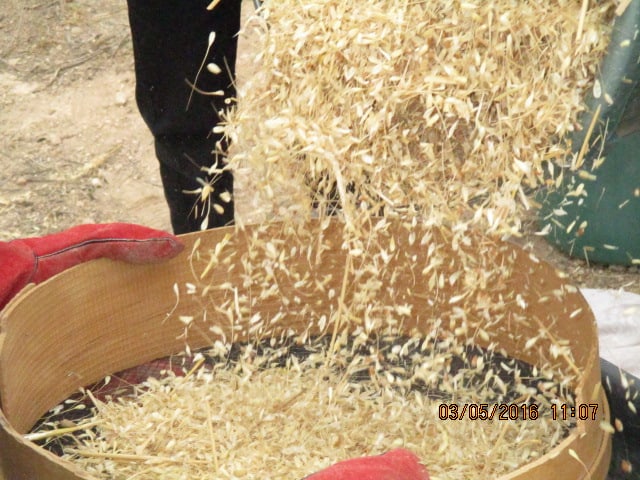 In Israel, the weather is more predictable, and therefore waiting for the wheat to dry is less of a risk. Wheat is one of the seven species listed in Deuteronomy 8:8, “A land of wheat and barley, and vines and fig-trees and pomegranates; a land of olive-trees and honey.” It grows in abundance here, and under the perfect conditions for the holy unleavened bread of Passover.
In Israel, the weather is more predictable, and therefore waiting for the wheat to dry is less of a risk. Wheat is one of the seven species listed in Deuteronomy 8:8, “A land of wheat and barley, and vines and fig-trees and pomegranates; a land of olive-trees and honey.” It grows in abundance here, and under the perfect conditions for the holy unleavened bread of Passover.
*Unfortunately, over the last several weeks, thousands of fields have been burnt by Palestinian terrorists in Gaza, using method such as sending burning kites and balloons over the border into Israeli fields. A huge amount of crops have been ruined, as well as farming and irrigation systems. Wildlife has been killed, and natural habitats destroyed. Please take a moment to write a short prayer in our comments box on the bottom of the page on behalf of the citizens of Israel who are dealing with a daily onslaught of agricultural terrorism. We will share some of your prayers on our Facebook page.
Thank you for your support!
